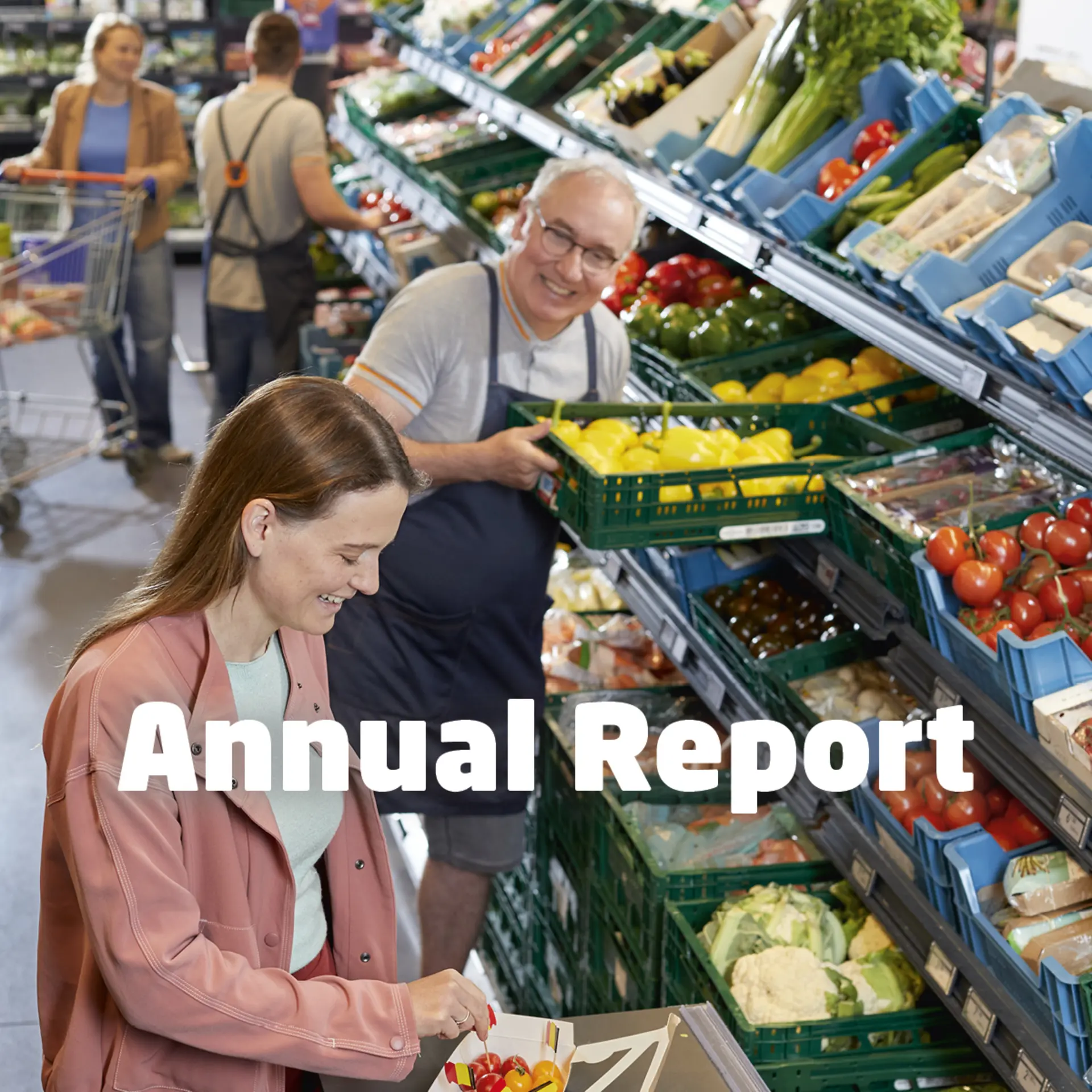Colruyt Group has developed an innovative and sustainable 'vertical farm'
Colruyt Group is testing a system developed in-house for 'vertical farming' or multilayer cultivation in climate-controlled conditions. This technology allows high-quality plants to be grown with a very small ecological footprint. The retail group sees multilayer cultivation as part of its wider aim of pursuing more sustainable products, shortened chains and innovation. Colruyt Group aims to start stocking the shelves of its retail formula Bio-Planet with the first herbs from its vertical farm from the autumn of 2019, under its own label Boni Selection, which is strongly committed to a sustainable product range.
Thursday, November 29, 2018
Ambition: herbs with a very small ecological footprint
Consumers are making increasing demands regarding responsible consumption. Colruyt Group wants to offer a possible solution using vertical farming, because this cultivation technique has a lot of potential. Colruyt Group's test facility requires up to 20 times less space for the same amount of plants than 'conventional' cultivation, which saves valuable agricultural and natural land. Apart from that, the advantages are mainly in ecological terms. "Our multilayer cultivation creates the perfect conditions for plants", explains Stefan Goethaert, Director at Colruyt Group and responsible for product sustainability. "Air, light, water and nutrients are dosed in the ideal quantities. As a result, we only use the amount of energy and raw materials that is strictly necessary, whilst still allowing the plant to achieve optimum growth. And it's no longer necessary to use pesticides. The plants are therefore 100% natural. Moreover, they reach maturity twice as fast than when conventionally cultivated. And the quality remains high throughout the year, regardless of the weather conditions."
The first results after a year of testing confirm the story, says Stefan Goethaert. "We are already using 90 % less water and 50% less nutrients than in conventional cultivation. We reuse all of the nutrients that the plant doesn't use. Moreover, we only work with filtered rainwater. Our LED lighting is twice as efficient as the current standard on the market. And the system runs on green electricity from our own wind turbines and solar panels." It is Colruyt Group's ambition to sell herbs that have a very small ecological footprint. That's why the entire lifecycle of the plants is looked at, from seed to consumer's home. The retailer is therefore also working on recyclable packaging and a long shelf life, and will minimise the number of kilometres driven by integrating the vertical farm in a distribution centre in the future.
Home-grown innovative technology
Colruyt Group is the first retailer in Belgium to test a vertical farm that was developed in-house. The technology used has been fully developed within its own R&D department and is therefore perfectly tailored to the specific needs of the group. In the current test set-up, biotechnologists and engineers continue to work on optimising growing conditions. Our goal is to grow herbs with an intense, clean taste and with a pronounced sustainable character.
For Colruyt Group, this project isn't a leap into the unknown: recent innovation projects around water purification, LED lighting, renewable energy, automation, eco-design and refrigeration have formed the basis. In addition, the R&D department works together with a number of knowledge institutions. "We are also in talks with potential partners", adds Stefan Goethaert. "We also want to make some of the plants available to innovative entrepreneurs who work on food trends. Together we can explore the possibilities for using our products."
First trial at Bio-planet in 2019
"We are still in the testing phase, but the goal is to sell the first herbs at Bio-planet within a year", says Jo Ghilain, business unit manager of Bio-planet. "Vertical farming fits perfectly with our brand positioning. Bio-Planet stands for healthy, natural and local products. Furthermore, our customers are early adopters and are looking for added value. They are the people demanding products with a sustainable story." The herbs are currently grown using certified organic seed and substrate. "That was a decisive argument, in addition to the sustainability score of the plants", says Jo Ghilain.
Meanwhile, Bio-Planet customers will be the first to taste test basil plants in three stores: on 27 November in Uccle, on 28 November in Grimbergen and Jambes. Jo Ghilain emphasises the added value of this co-creation: "The people of Uccle, Grimbergen and Jambes will help us determine the eventual flavour of the plants. Based on their opinions, we will adjust the cultivation process and the taste. This means that our customers actually choose the end result themselves."
